The waste removal and disposal industry in London plays a critical role in maintaining a clean and sustainable environment for one of the world’s largest cities.
Recently, Dr. Paul Toyne, commissioner at the LSCD, wrote about London’s contribution to the SDG’s and how sustainability is implemented in the city, so make sure to check his insights out.
Our guide provides an overview of this crucial industry, including key players, regulations, and sustainable practices to inform about how London is kept clean for its residents living in London and visitors all year round.
1. Overview of the Waste Removal Industry in London
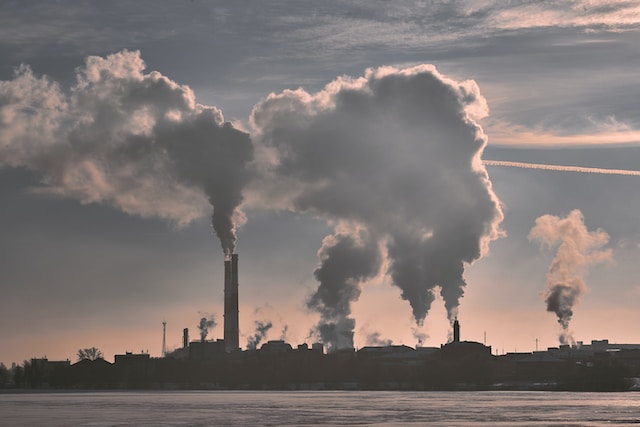
1. Types of Waste
The waste generated in London can be categorized into several main types:
Household Waste
Generated by residents and includes items like packaging, food waste, and non-recyclable materials.
Commercial Waste
Produced by businesses and includes office waste, packaging, and specialized industry waste.
Construction and Demolition Waste
Generated from building and demolition activities, including concrete, bricks, and other construction materials.
Hazardous Waste
Includes chemicals, solvents, and other substances harmful to human health or the environment.
2. Collection Methods
Waste is collected through various methods including:
Curbside Collection
Typically for household waste, recyclables, and green waste.
Skip and Container Hire
Skip removals are usually used for construction and large-scale clean-ups.
Roll-on/Roll-off (RoRo) Containers
Suitable for larger amounts of waste from commercial or industrial sources.
3. Waste Streams
Waste streams refer to the different categories into which waste is sorted for proper disposal or recycling:
General Waste
Non-recyclable materials that go to landfills or waste-to-energy facilities.
Recyclables
Materials like paper, glass, plastics, and metals that can be reprocessed.
Organic Waste
Includes food and garden waste that can be composted.
Hazardous Waste
Requires specialized handling due to its potential harm to health or the environment.
2. Key Players in London’s Waste Industry
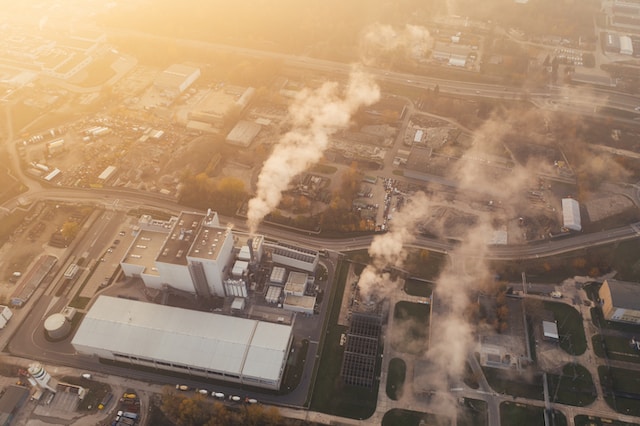
1. Local Authorities
Local authorities in London oversee waste management within their jurisdiction. They may provide curbside collection services, operate recycling facilities, and enforce waste regulations.
2. Private Waste Management Companies
Private waste removal companies play a significant role in waste removal, transport, and disposal. They often provide specialized services for businesses and construction projects.
3. Recycling Facilities
These facilities process recyclable materials to create new products. They include materials recovery facilities (MRFs) and composting plants.
3. Regulations and Compliance
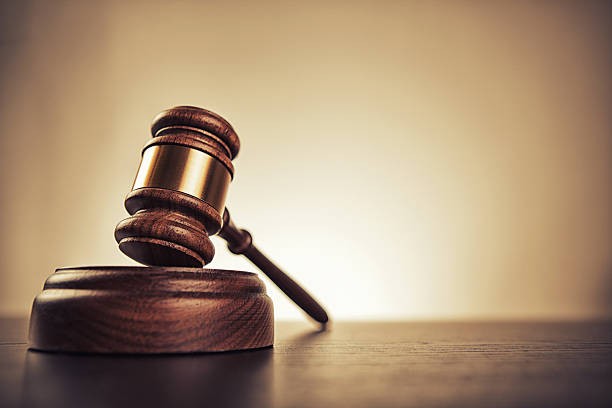
1. Environmental Legislation
London’s waste industry is subject to a range of local and national environmental laws to ensure proper waste management and reduce environmental impact.
2. Licensing and Permits
Waste management companies must obtain licenses and permits, for example from the environmental agency, to operate legally. This ensures compliance with safety and environmental standards.
3. Health and Safety Regulations
Strict regulations govern the handling and disposal of hazardous waste to protect both workers and the environment.
4. Waste Collection and Transport
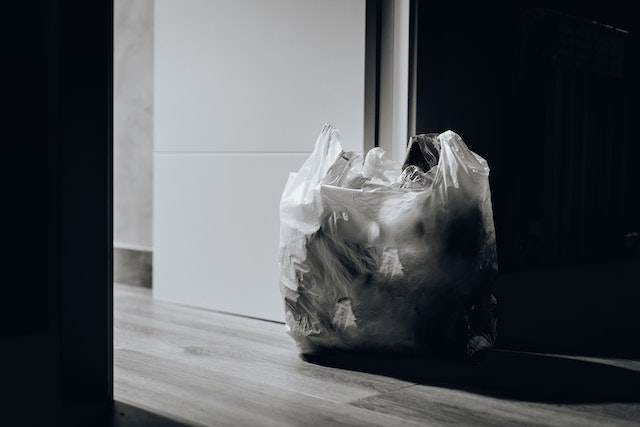
1. Residential Waste Collection
Residential waste collection services are provided by local authorities or private companies. Residents typically separate their waste into recyclables, general waste, and organic waste.
2. Commercial Waste Collection
Businesses in London are responsible for arranging their waste collection services. This may involve regular pickups or specialized disposal for specific types of waste.
3. Transport and Logistics
Waste is transported from collection points to treatment or disposal facilities. This involves a range of vehicles, including garbage trucks, skip lorries, and specialized containers for different waste types.
5. Waste Treatment and Recycling
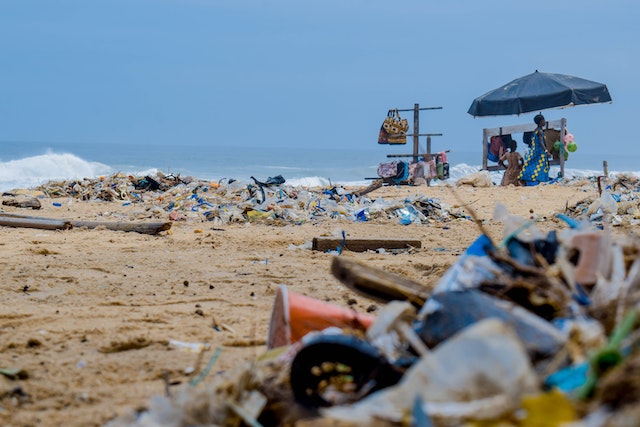
1. Landfills
Landfills are carefully engineered disposal sites for non-recyclable waste. Strict regulations govern their operation to minimize environmental impact.
2. Incineration
Waste-to-energy facilities burn non-recyclable waste to generate electricity. Modern incineration and carbonisation plants are equipped with advanced pollution control measures.
3. Recycling Facilities
Materials recovery facilities (MRFs) sort and process recyclable materials like paper, plastics, glass, and metals. These materials are then sent to manufacturers for reuse.
4. Composting
Organic waste is processed in composting facilities to produce nutrient-rich soil amendments used in agriculture and landscaping.
6. Sustainable Practices
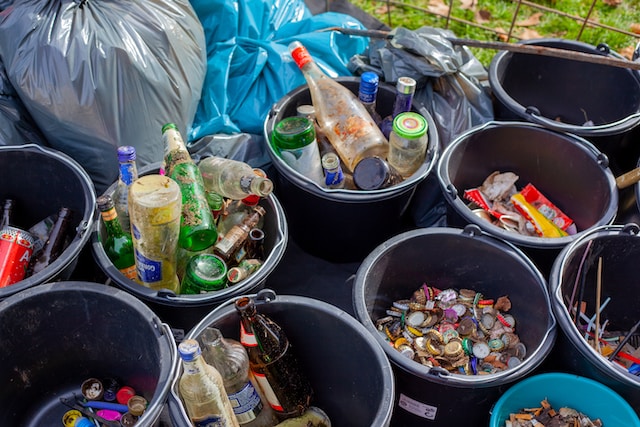
1. Waste Reduction and Reuse
Efforts to reduce waste generation involve practices like buying in bulk, using reusable items, and minimizing packaging.
2. Resource Recovery
Advanced technologies are being employed to recover valuable resources from waste streams, such as extracting metals from electronic waste.
3. Circular Economy Initiatives
London is embracing circular economy principles, which focus on reducing waste by designing products for reuse, repair, and recycling.
7. Emerging Trends and Technologies

1. Waste-to-Energy Technologies
Advances in waste-to-energy technologies are making it possible to generate more electricity from non-recyclable waste.
2. Smart Waste Management Systems
Integration of IoT (Internet of Things) technologies is enhancing waste management efficiency through real-time monitoring and data analytics.
3. Innovation in Recycling
Research and development efforts are leading to more efficient and cost-effective recycling processes, including new methods for handling challenging materials.
Closing Thoughts
This guide provides an overview of the waste removal and disposal industry in London. For the most up-to-date information on specific regulations, practices, and technologies, it is recommended to consult local authorities, waste management companies, and industry experts. Remember, proper waste management is essential for a sustainable and healthy future for the city of London.
Author Profile

- Online Media & PR Strategist
- As the Chief of Marketing at the digital marketing agency ClickDo Ltd I blog regularly about technology, education, lifestyle, business and many more topics.
Latest entries
 BusinessJune 30, 20254 Affiliate Marketing Trends Every London Business Should Watch In 2025
BusinessJune 30, 20254 Affiliate Marketing Trends Every London Business Should Watch In 2025 FinanceMay 27, 20258 Hottest London Coupons and Coupon Sites to Know
FinanceMay 27, 20258 Hottest London Coupons and Coupon Sites to Know Key ServicesMay 18, 20259 Best Mobile Car Wash Services in London
Key ServicesMay 18, 20259 Best Mobile Car Wash Services in London Key ServicesApril 24, 2025Top 13 Licenced London Rubbish Removal Companies
Key ServicesApril 24, 2025Top 13 Licenced London Rubbish Removal Companies


